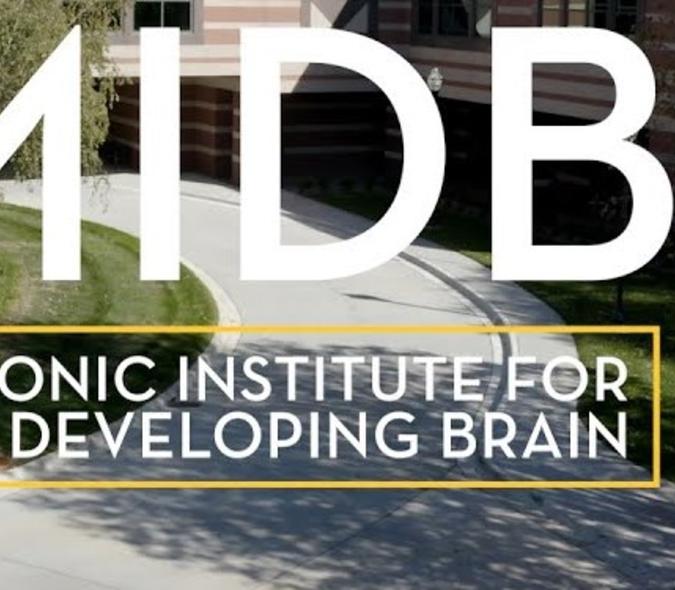
Faculty member focuses on eating disorder research
“I’m excited to join a department that is doing a lot of cutting-edge research in many novel areas,” said the newest Psychiatry and Behavioral Sciences faculty member, Assistant Professor Lisa Anderson, PhD, LP. Dr. Anderson, who will spend most of her time devoted to research, recently completed a postdoctoral fellowship in the National Institute of Mental Health (NIMH) T32 Midwest Regional Postdoctoral Training Program in Eating Disorders Research at the University of Minnesota.
She is currently the recipient of a five-year NIMH K23 Career Development Award designed to examine the computational and neurophysiological processes that underlie threat-based learning and decision-making systems in individuals with eating disorders. “We’re looking at patterns in brain activity associated with what we think are altered patterns of threat-related learning in people with eating disorders,” she explained. “The goal is to identify patterns that might predict whether people with eating disorders are at risk for maintaining threat-related learning that could prevent them from getting better over time.”
Looking for answers
A member of the Minnesota Center for Eating Disorders Research at the University of Minnesota, Dr. Anderson was exposed to the negative impact of the condition early in life. “I grew up as a competitive figure skater,” she said. “A large number of skaters developed eating disorders and I saw how they were affected. Why people develop eating disorders became a big question for me, and the desire to answer that question has directed my research.”
Dr. Anderson hopes that the research she will be doing at the U will have an important impact on understanding transdiagnostic processes at play with eating disorders. “Threat-related learning processes are relatively well understood in other conditions such as anxiety disorders,” she explained. “Building from that knowledge base will hopefully inform our approach to eating disorders — including efforts to identify maintenance factors and key treatment targets. Right now, eating disorder treatments aren’t very effective and these disorders are associated with high rates of mortality and medical comorbidities. Hopefully, this work will ultimately save lives. That’s the driving force for what I want to do.”
Accomplished researcher
An award-winning researcher, resident and student, Dr. Anderson has already completed several research projects and published 38 journal articles. She was first author on 10 of those articles. She has given numerous oral and poster presentations during medical meetings throughout the United States and has been invited to speak during other types of sessions.
Dr. Anderson earned her PhD and MA in Clinical Psychology from the University at Albany/State University of New York, and a BA is psychology from the U of M. She completed a pre-doctoral psychology internship during a University of Mississippi Medical Center/G.V. (Sonny) Montgomery VA Medical Center Psychology Training Consortium in Jackson, MS.
Although she still loves to figure skate and has coached young hopefuls in the sport, thanks to COVID-19, Dr. Anderson has discovered that she is an adequate gardener. “That means I don’t kill the plants right away,” she said.



